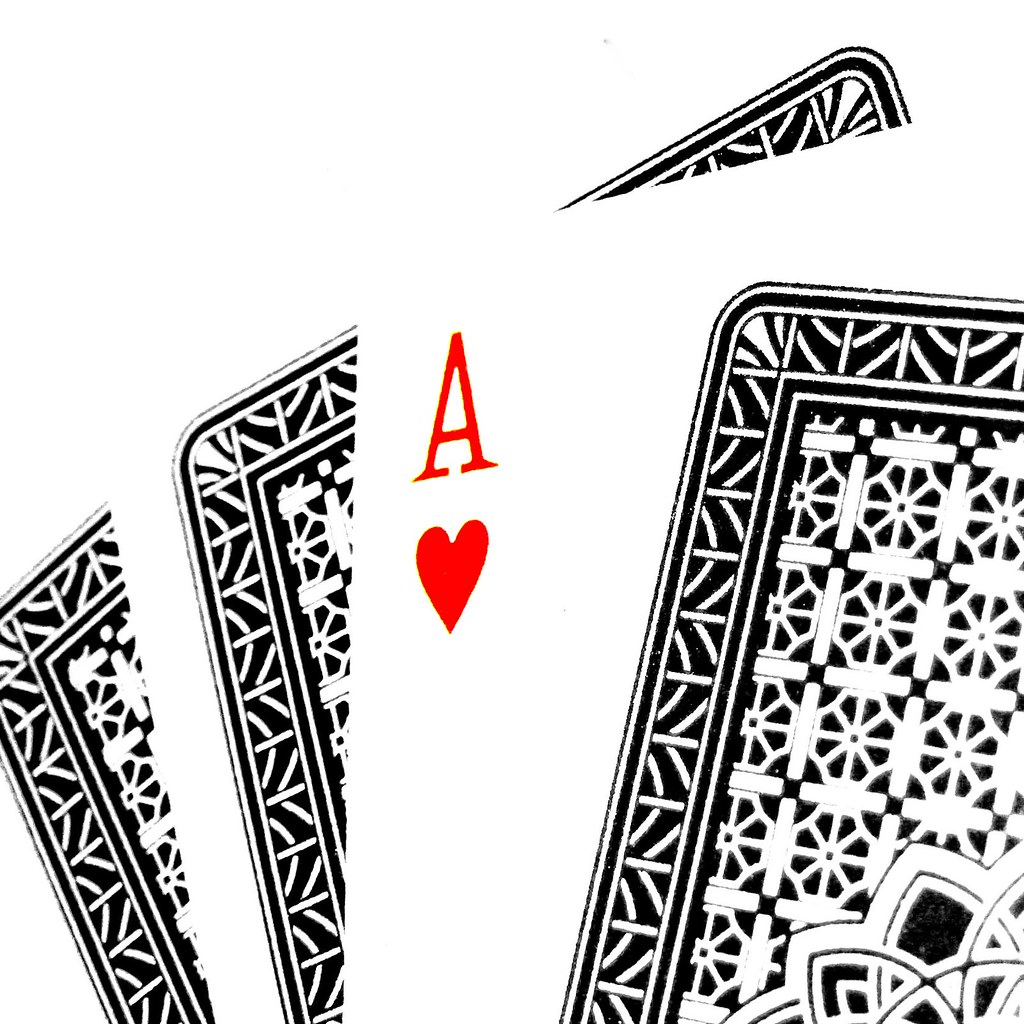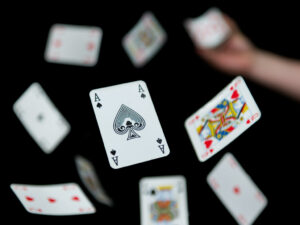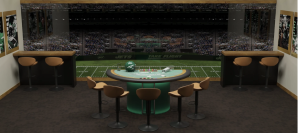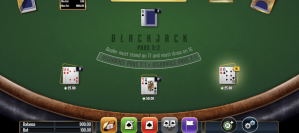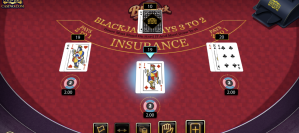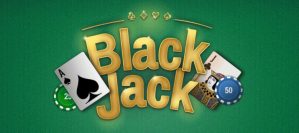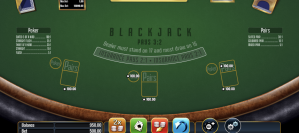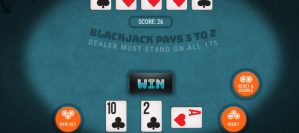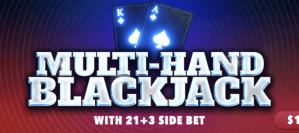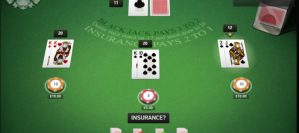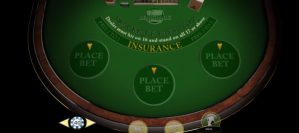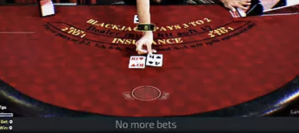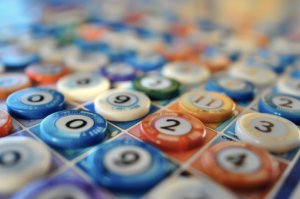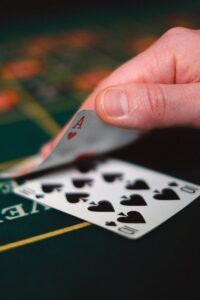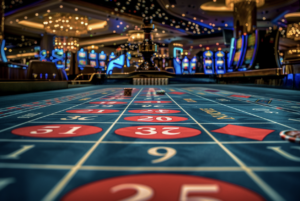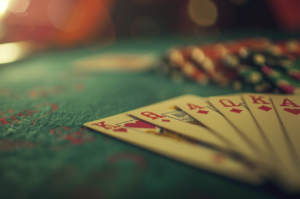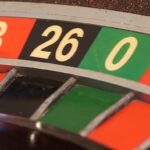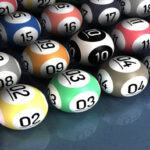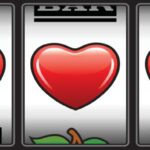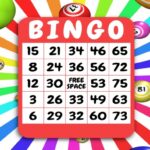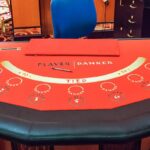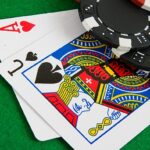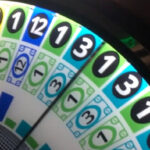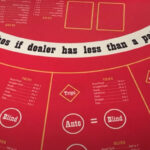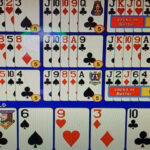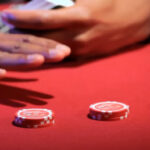Blackjack is, as everyone knows, a massively popular casino game that draws in the crowds like few other games on the floor. There are numerous reasons for this. It has one of the lowest house advantages of all casino games. If you play optimally, that house advantage can go even further down to next to nothing. It’s a game that you actually play rather than betting on someone else’s gameplay (like baccarat or roulette) or just hitting a button over and over again waiting for a bunch of symbols to line up (slots). It’s also a game that requires some skill but is fairly straightforward.
How Blackjack Is Played
The way blackjack is played really is incredibly simple. Here’s how a round of blackjack usually goes down:
- The player places a bet before being dealt any cards.
- The dealer deals one card to the player face up and one to themselves face up.
- The dealer deals another card to the player face-up, and to themselves one face down.
- If the player’s two cards equal 21 by having a ten value card (10s and all picture cards) and an ace, then they win at a rate of 2:1 or 1.5:1 (ie. gets their bet back, plus the value of twice or 1.5 times their bet in winnings) immediately. This is called a natural or a blackjack.
- However, if the player has a blackjack and the dealer is showing an ace, the dealer then checks their face-down card (unless the casino has a no-peek rule) and if they also have a blackjack, the player simply takes back their original bet. All other players who do not have a blackjack would immediately lose their bets.
- The same is true in reverse: If the dealer is showing an ace, they check their face-down card and if they have a blackjack, they immediately clear all bets on the table unless someone has a blackjack – in which case that person simply takes their bet back. This is called a push.
- Once it has been established that the dealer doesn’t have blackjack and any blackjacks have been paid out to individual players, the game then proceeds.
- Going from left to right, each player has the following options: they could hit (get a new card), stand (not get any new cards), split (a pair of the same value cards can be split into two new hands) or double (the bet is doubled and they receive one more card.
- Players can “hit” as long as the value of their hand is less than 21. The aim is to get as close as possible to 21 without going over it.
- Once all the players have had their chance to play and have either gone bust or chosen to stand, the dealer then plays.
- The dealer has to keep hitting until their deck has either reached 17 or more in value or they have gone bust by drawing more than 21.
- If the dealer goes bust then all players who are still in the game get their bets back at 1:1 – in other words, gets their bet back plus the value of their bet in winnings.
- If the dealer has stood with a deck of 17 or more then each player’s hand is compared to the dealers. If they beat the dealer, they get paid out at 1:1. If the dealer beats them, they lose their bet. If the dealer has the same value hand as the player, it’s a “push” and the player simply gets their bet back.
In terms of the values of the cards, it breaks down like this:
| Card(s) | Value |
| 2 to 9 | Face value (2 to 9) |
| 10, Jack, Queen, King | 10 |
| Ace | 1 or 11 |
The Value of an Ace
Now, since an Ace can be valued at 1 or 11, the big question then is, when is the ace valued at 1 and when is it valued at 11?
The short answer is that the way it works is that this is determined purely by how it serves a given hand best.
So, for example, in the most classic example of when you’re dealt an Ace and a ten-valued card in the first round, the Ace is valued at an 11 because it serves the hand to be valued at 11 as 10 plus 11 is 21.
But this isn’t just true in the case of a blackjack but in any hand. Say, for example, you are dealt a 3 and then an Ace. At this point your hand can be worth 4 or 14. If you hit on this hand (and you should always hit on a 3 and an Ace) and you’re then dealt a 10-value card, the Ace would then be worth 1 to prevent you from going bust. Similarly, all Aces you receive after this point would be valued at 1.
On the other hand, say you are dealt a 3 and an Ace, but your next card is a 7. In this case your hand could theoretically be counted as 11 or 21, but it would obviously be to your benefit that it be worth 21 rather than 11, so the Ace is automatically given the value of 11 and you will stand at that point.
The only exception to this is if you’re feeling especially lucky and decide instead to double on this hand – in which case the Ace is again worth only 1, so your hand would only be worth 11, which means that you can double your bet in the hope that the next card will be a 10-value card so you can win double your bet.
Another example would be if you are dealt an Ace and a 3 and you are then dealt a 5, it would be entirely up to you if you want that Ace to be a 1 or an 11. You may see it as an 11, in which case your hand would be valued at 19, which is pretty respectable. In which case you would stand.
On the other hand, if the dealer is showing a 10-value card and you’re afraid that the face-down card is also a 10-value card (which is a good chance as 16 cards out of a 52 card deck are worth 10), you might want to hit again in the hope of drawing another Ace (worth 1 this time) or better yet a 2. In which case the original Ace would still be worth 11. If you don’t draw an Ace or a 2, though, but any card higher, then that original Ace would be valued at 1 (so 3+1+5 would equal 9 plus whatever card you draw next)
You don’t really have to keep track of this as the dealer will do it for you, but if you want to stay on top of things just follow the simple rule that the Ace will be worth a 1 or an 11 purely depending on which value better serves the hand being played. This is true, incidentally, both when the hand being played is being played by the dealer or by the player.

